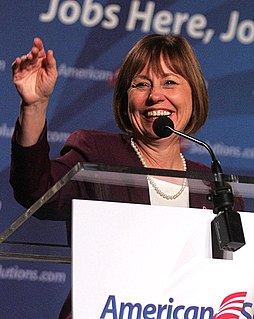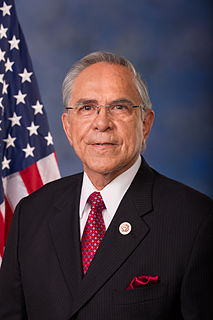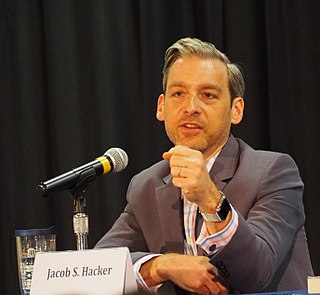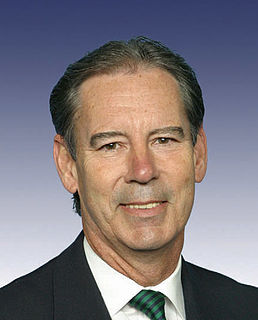A Quote by Sharron Angle
I support voluntary personal retirement accounts for Social Security. It should be people's free choice.
Related Quotes
Social Security is the foundation stone of that kind of retirement security. It not only needs to be strengthened in order to make sure it's there for younger baby boomers and Generations X and Y, but it probably needs to be strengthened and expanded because the retirement benefits now being offered by most employers are not sufficient to support middle-income Americans in their long years of retirement.

































